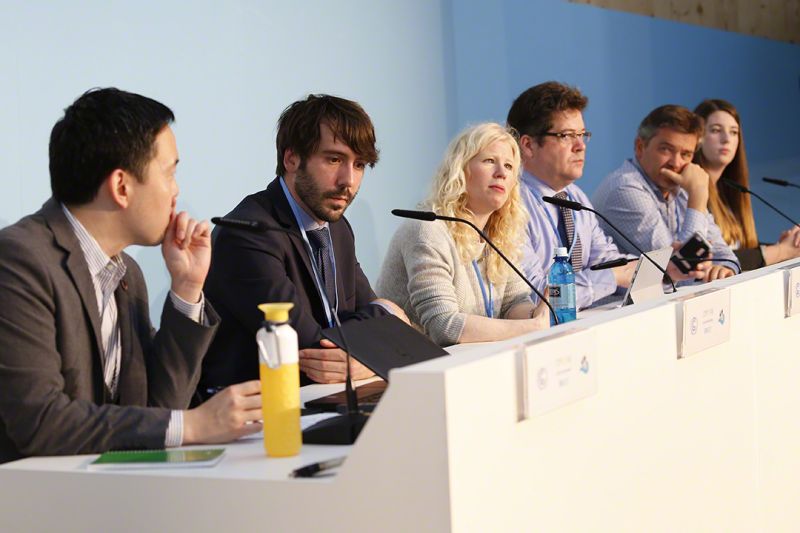- Pratiques d’agriculture régénératrice en France: retour d'expérience d'agriculteurs
- Intégrité, innovation et impact : les principes d’une action climatique crédible
- Reporting CSRD : bien se préparer à l'évaluation de la double matérialité
- Programme CORSIA : vers la décarbonation du secteur de l’aviation
Sujets clés

Investissez dans l’action climatique
Financez l'action climatique, contribuez à la neutralité carbone globale et soutenez des projets d'adaptation et de résilience face au changement climatique.

Contactez-nous
Prenez contact avec nous dès aujourd'hui pour progresser sur votre transition climatique.


Crédits carbone
Buy carbon credits from the world's largest portfolio of carbon projects to protect the planet and transform lives.


Rapport Net Zéro 2024 - South Pole
Cap sur le Net Zéro : état des lieux de l’action climatique des entreprises.

Blog South Pole
Obtenez de nouvelles perspectives et informations sur les grandes tendances climatiques grâce à nos experts et aux auteurs que nous invitons.

Rapport Net Zéro 2024 - South Pole
Le dernier rapport de South Pole confirme que la plupart des entreprises réduisent leurs communications environnementales.

Votre rendez-vous avec l’actualité climatique
Restez informé des principales actualités, réglementations et innovations autour du climat.
South Pole believes that a Net Zero target is a part of every organisation's Climate Journey.
Find out more
